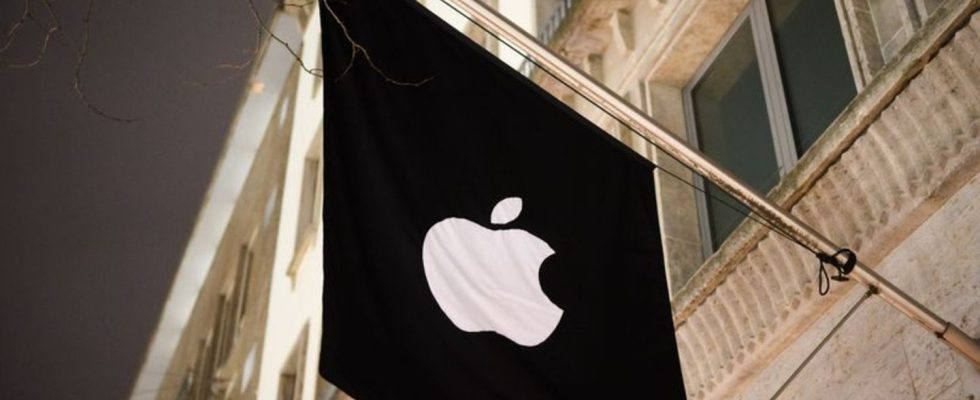iPhones
Apple wants to minimize risks through alternative app stores
Even after alternative marketplaces have been approved, only apps that have passed a security check with Apple may be installed on an iPhone. photo
© Julian Stratenschulte/dpa
The EU has forced Apple to allow alternative providers to install iPhone apps. The group now explains the new rules in a comprehensive paper.
After the opening of the app market forced by the European Union, Apple will… iPhone also check apps from alternative marketplaces for elementary security risks. This emerges from a paper that the US company published on Friday. Even after alternative marketplaces have been approved, only apps that have passed a security check with Apple can be installed on an iPhone.
As part of this process, Apple will, among other things, check whether apps contain false information about their functions and capabilities, whether they impersonate other apps or whether they have hidden, dormant or undocumented functions. In addition, Apple will also check apps from competing stores to see whether the apps make it clear to users why they want to access data sources that are managed by the iPhone operating system iOS, such as microphone, camera, photos or location. In contrast to the in-house store, there is no detailed app check that also includes the content and terms and conditions.
Until now, iPhone users could only install applications from Apple’s App Store. According to the legal requirements of the new EU law for digital markets (Digital Markets Act/DMA), large and dominant providers, so-called gatekeepers, must allow app stores from other providers. This also includes Apple.
Hardly any substantive testing, but protective measures
Apple generally does not check the content of apps from alternative stores and does not take action against pornography or instructions on drug use, for example. However, the company intervenes if malicious apps could cause physical harm to users. Among other things, dangerous “challenge apps” will be intercepted that encourage people to endanger themselves or others or, in particularly serious cases, try to persuade users to commit suicide.
These protections would help make the iPhone experience of users in the European Union “as safe and privacy-friendly as possible – although not to the same extent as the rest of the world.”
The Apple paper points out that its competitor Google also allows the free downloading of programs (“sideloading”) on Android smartphones, but sees it as risky. In its “Advanced Protection Program” for journalists, activists and business and political leaders, Google prevents “sideloading” in order to ward off harmful downloads. Anyone who takes part in the program can only install apps from “verified stores, such as the Google Play Store and the App Store of your device manufacturer”.

